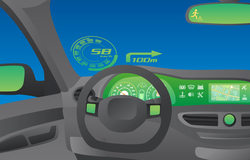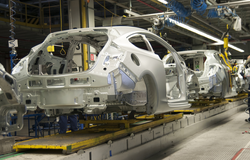Why we need to build the ecosystem for autonomous vehicles

(c)iStock/urbancow
The federal transportation authority is calling for a national set of standards on driverless car safety. Tesla just announced its Autopilot feature for all future models, and meanwhile, the White House recently announced an initiative for a vehicle charging network covering 25,000 miles of US highways.
These recent developments are bringing about the reality of widespread autonomous vehicles – sooner than many had realised. Of course, a number of other pieces must fall into place to...











